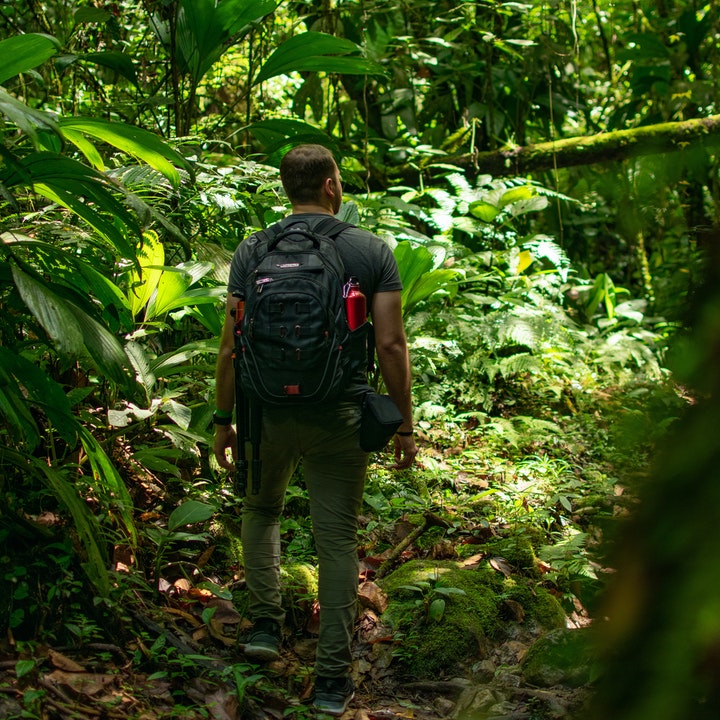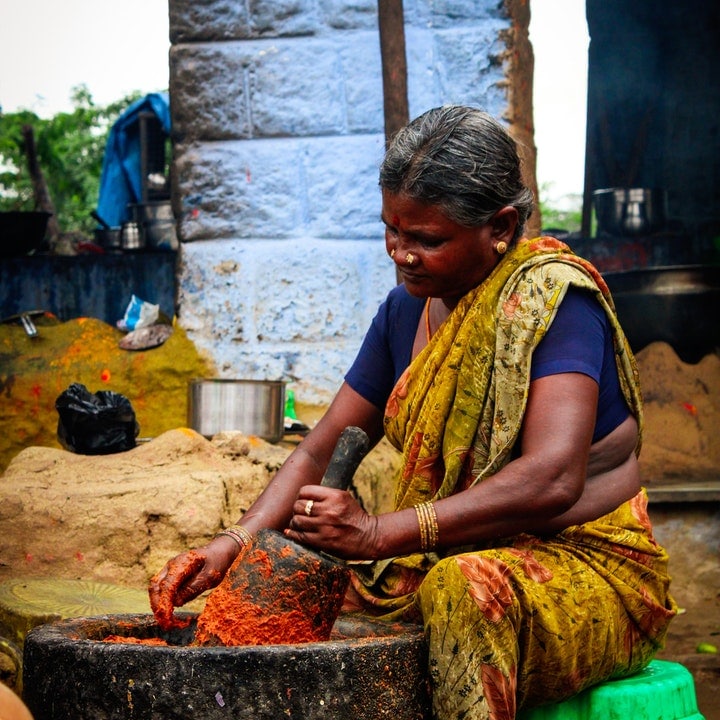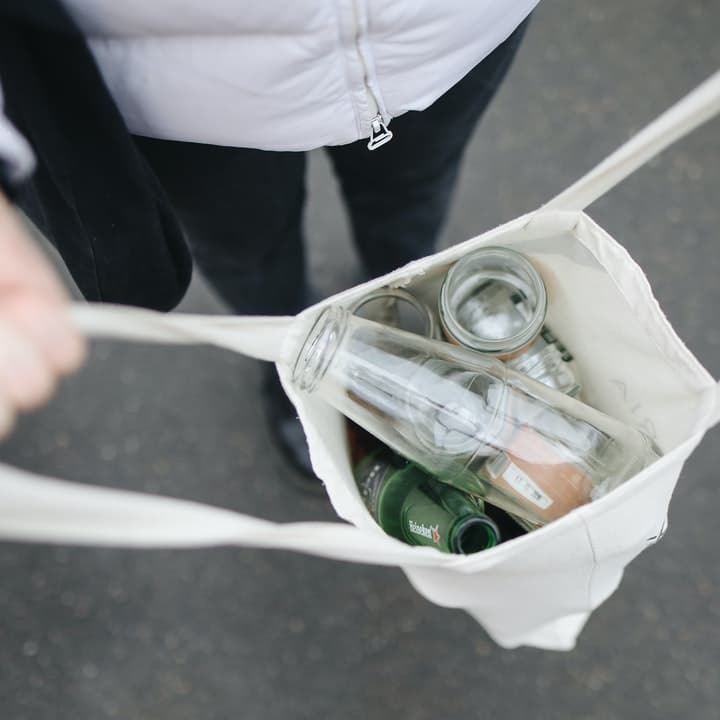
The more we learn about this big beautiful planet, the more we learn how to protect it from climate change and other impactful environmental events.
Sustainable tourism takes into account current and future economic, social, and environmental impacts. There are many ways to become more sustainably conscious when we travel, from choosing eco-friendly lodging and booking eco-friendly tours to renting hybrid cars (or booking a zero-waste adventure).
The benefits of sustainable tourism are endless and we’ve created a guide to help you understand what it is and why it matters.
What is sustainable tourism?

Sustainable tourism, or ecotourism, is a form of tourism that takes full account of its current and future economic, social, and environmental impacts, addressing the needs of visitors, the industry, the environment, and host communities. This includes general location, local transportation, accommodation, activities, food, and shopping.
Why is sustainable tourism so important?

The goal of sustainable tourism is to transform each aspect of the travel industry so that each has a better impact on our world and leaves less of a footprint. This is important because we want to ensure all the lovely things that make up our sense of wanderlust now, can survive and flourish well into the future, for the future travellers and travel junkies. 😉
What is the UNWTO?
The World Tourism Organization is the United Nations agency responsible for the promotion of responsible, sustainable, and universally accessible tourism. In addition, UNWTO emphasizes the Global Code of Ethics for Tourism, “to maximize tourism’s socio-economic contribution while minimizing its possible negative impacts, and is committed to promoting tourism as an instrument in achieving the Sustainable Development Goals, geared towards reducing poverty and fostering sustainable development worldwide,” according to the site.
There are 17 Sustainable Development Goals from the UNWTO that are meant to be a “blueprint to achieve a better and more sustainable future for all”:
• No Poverty
• Zero Hunger
• Good Health and Well-being
• Quality Education
• Gender Equality
• Clean Water and Sanitation
• Affordable and Clean Energy
• Decent Work and Economic Growth
• Industry, Innovation and Infrastructure
• Reducing Inequality
• Sustainable Cities and Communities
• Responsible Consumption and Production
• Climate Action
• Life Below Water
• Life On Land
• Peace, Justice, and Strong Institutions
• Partnerships for the Goals
What are sustainable tourism best practices?
There is a multitude of ways for us to become more sustainably conscious travellers. For you, this could mean booking a green hotel or with an airline that flies newer planes that use less fuel, while for another traveller it could mean booking a carbon-neutral cruise in the Galapagos Islands or working with a nonprofit to improve the rights of rural people, which goes hand-in-hand with improving our planet’s health.
If you’re looking to make any kind of impact, big or small, take a look at our guidelines below.
Stay informed

Stay connected within the eco travel, sustainability, and sustainable tourism spheres. Read the news regarding airlines, major hotel lines, etc. Stay informed on what options are out there, and then make a decision on which you’d like to book or where you can contribute.
Book greener options

Airlines: Did you know that Delta Airlines’ goal is to become the first carbon-neutral airline in the world? The airline is committing $1 billion to the fight against global warming over the next decade. Other airlines making efforts to combat global warming include Alaska Airlines, American Airlines, United Airlines, JetBlue, Southwest Airlines, Etihad Airways, and others.
Green Hotels: Green hotels focus on sustainability, are often built from sustainable materials and aim to leave no carbon footprint. Green Lodging News, Design Hotels, Element Hotels, Five-Leaf System, GreenGlobe, and Green Hotels are good resources to learn more about green hotels.
Check out Camp Glenorchy, New Zealand’s first net-zero energy accommodation, or Pikaia Lodge, a carbon-neutral property that uses alternative energy resources in Ecuador.
Nonprofits: Check out nonprofit organizations working towards building a better tourism industry like Ethical Traveler, Sustainable Travel International, The International Ecotourism Society, The Nature Conservancy, The Rainforest Alliance, and others.
Tours: One step towards building a more sustainable vacation is to book tours that are more eco-friendly. Check out these operators: Adventures Within Reach, Country Walkers, Context Travel, Blue Ventures, Backroads, and others.
Support companies with carbon offsets

Donate to certain companies to offset the carbon output from your flights. Companies like Carbonfund, TerraPass, Cool Climate Network, the Conservation Fund funnel the donations into programs that help to offset the carbon output from airplanes, for instance, by planting trees.
Opt for public transportation, walking, or biking

A simple way to decrease your personal carbon footprint while at home or abroad, is to opt for public transportation, walking, or biking as often as possible, vs. rideshares or renting a car. Trains are the most efficient option and emit the least amount of carbon into the atmosphere. If you must rent a car, opt for a hybrid car.
Eat and drink local

When you eat and drink local or farm-to-table, these meals have less of a carbon impact than eating or drinking food that may be imported. Now is the time to enjoy farm-to-table meals and getting to know the locals.
Pack eco-friendly items

When you pack for your next trip, pack light and try to pack only essential items. Try to pack as many reusable items as you can (like a water bottle or grocery bag), this way you are not contributing waste while you’re abroad or while you’re at home.
Psst! Remember when Patagonia turned plastic bottles into travel bags?!
Follow our guide to remain a responsible traveler

With these 11 proven ways to become a more responsible traveler, you are impacting the world in more ways than one. Respecting the locals and their culture is a huge part of being a responsible traveler.
In addition, you can contribute to and support ethical organizations around the world that are fighting for human rights in rural areas. Many fair trade items like chocolate and coffee involve human rights abuses like child labor, forced labor, poor working conditions, gender inequality, and the violation of Indigenous land rights.
When people are treated properly, they can maintain their land and environment the best, which will keep the world healthy for years to come.
Implement your best sustainability practices just like at home

Reduce, reuse, recycle. Conserve water when you can. Save electricity. Throw away your trash and pick up after others if you’re comfortable. Just because you are away from home, doesn’t mean you should throw these important habits away.
Now that you’ve seen our guide to sustainable tourism, what did you think? Which strategies will you start to implement? Leave us a comment below!














